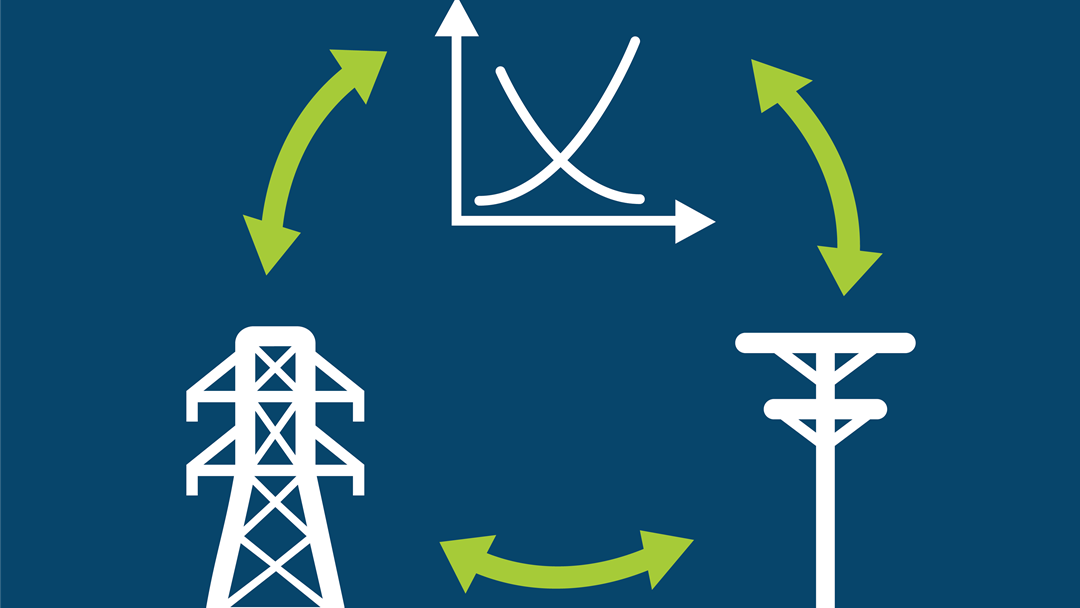Using process flexibility in heavy industries for handling grid congestions
Challenge and objective
- Industrial decarbonization requires substantial electricity and grid infrastructure.
- We demonstrate that industrial flexibility can alleviate grid congestions and increase grid reliability.
Work performed
- Bottom-up flexibility model of energy-intensive processes in four heavy industries.
- Methodology to evaluate the cost of this flexibility, for increasing grid hosting capacity. System reliability assessment through power flow.
Significant results
- Diversity of flexibility potential in industrial processes is, to some degree, complementary.
- Industry flexibility has been demonstrated capable of significantly reducing the number of hours with grid overload.
- The unit cost of flexibility provided by the industry is comparable to that of other alternatives for increasing grid capacity.
Impact for distribution system innovation
- The demonstration of how industries actively can increase utilization of existing grids is of great importance for DSOs and TSOs.
- Name
- Magnus Korpås
- Title
- WP3 Lead
- Organization
Reference in CINELDI



